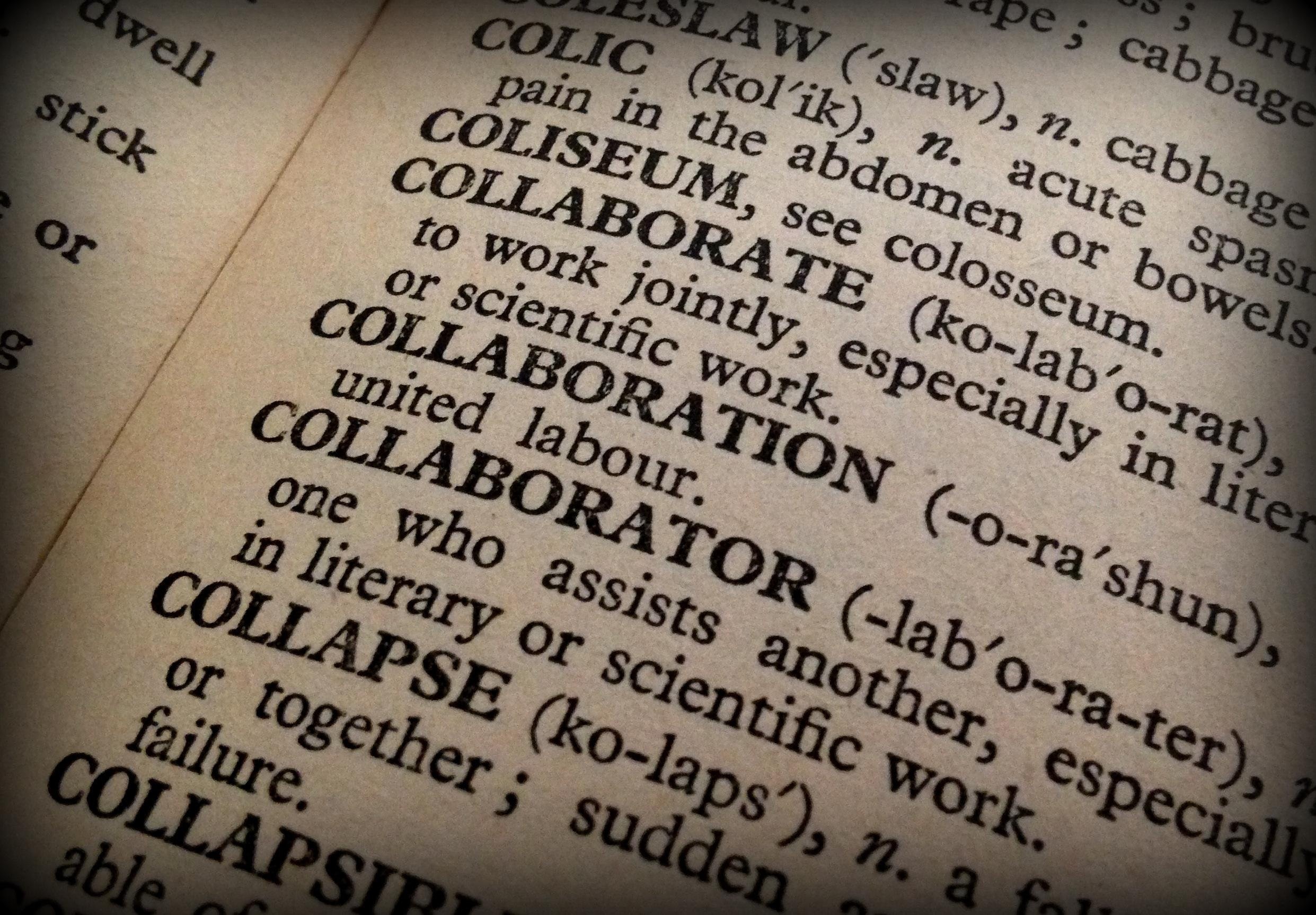Introduction
By now, we’ve gone over where to find beta-readers or critique partners, and we’ve discussed their importance. Those are important, but now there’s the overwhelming process of selecting a beta-reader or critique partner. If you haven’t had much experience with this, you might be asking how you’re even supposed to know what a good one looks like. That’s what we’ll cover in today’s post.
Traits of a Good Beta-Reader
We’ll start off with the beta-readers. For a beta-reader, you’re going to want someone who isn’t afraid to tell you the truth. They need to be able to tell you where you lost their attention or interest, and they need to be able to do it without reservation.
But you also want someone who’s going to try to help you. Plenty of people would line up for a chance to criticize your work, but not many of them would actually want to help you or give constructive feedback. That’s what your beta-reader needs to be willing to do. Kind but frank feedback is essential to your growth. The truth might hurt sometimes, but a friend will tell you anyway because you need to know.
Beta-readers should also be familiar with your genre. It doesn’t help much to have a beta-reader who’s used to hard-core science fiction reading your horror story. They’re not going to give very good feedback, and they’re not your target audience anyway. It might be gratifying to hear back from them if they liked it, but it doesn’t do you any good. Pick someone who has high comfortability and familiarity with the genre you’re asking them to beta-read.
Along the same lines as the last point, a good beta-reader will know the basic elements that make a story good. They might not always know how to fix what’s wrong with your story, and that’s not really their job. But they will know what isn’t working and what elements are missing so they can tell you. This knowledge could be acquired either by extensive reading or because they’ve studied a little on the basics of storytelling. But however they acquired it, they’re going to be the most helpful if they understand how a story should work.
Traits of a Good Critiquer
For a good critique partner, honesty is again a must. If they can’t be honest but constructive in their critique, it won’t do you any good. So do yourself a favor and make sure to find someone who isn’t afraid to point out that the manuscript is bleeding so you can fix it up.
For a critique partner, it’s even more important that they understand the basics of writing and story than it is for a beta-reader. A beta-reader is basically a preliminary audience much like the one you’re going to be selling to. A critique partner should be much more. They may represent a portion of your audience, but they’re there to help you with the story. They can’t help you fix what’s wrong if they don’t understand it themselves.
Another thing that’s good but not necessarily essential is creativity. The better they are with brainstorming sessions and finding creative ways to help you work around plot or character issues, the better they’ll be when you go to them to bounce around ideas. You want them to be a true critique partner, and part of that means being around to act as a sounding board when possible.
One last thing that I would personally recommend is looking for someone with a solid grasp on grammar and the mechanics of writing. Particularly if you struggle with this, the critique partner will be better equipped to come alongside and help you catch mistakes while also explaining why it was a mistake.
Conclusion
My closing note is this. Find someone who is patient and whose personality meshes well with yours. You want this to be a rewarding experience for both of you, and it won’t be if you can’t work together because you’re constantly at odds. Find someone who is willing to discuss things and doesn’t always need to be right. They’re more likely to make your life easier instead of harder.
Have your own tips for what makes someone a good beta-reader or critique partner? Leave them in the comments below! I’d love to hear them, and I’m sure others would too.




